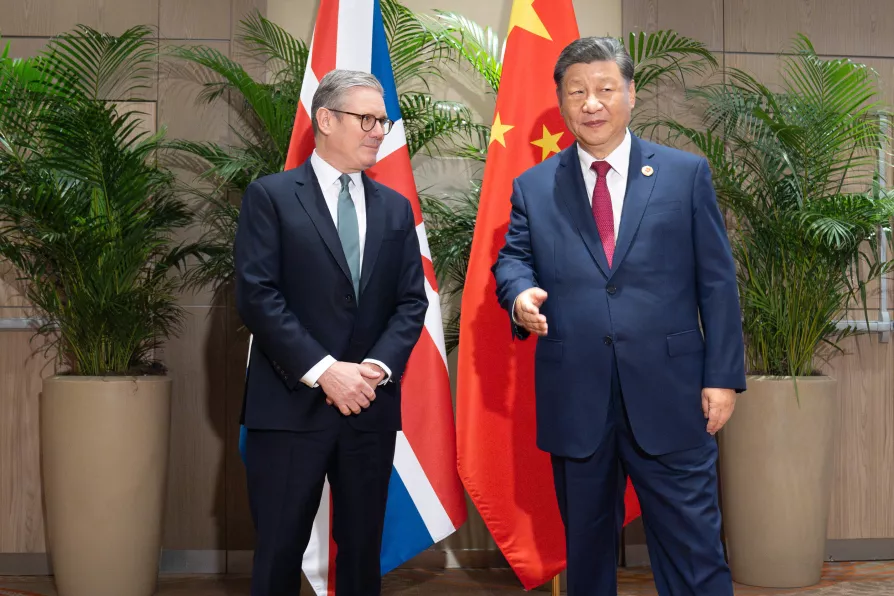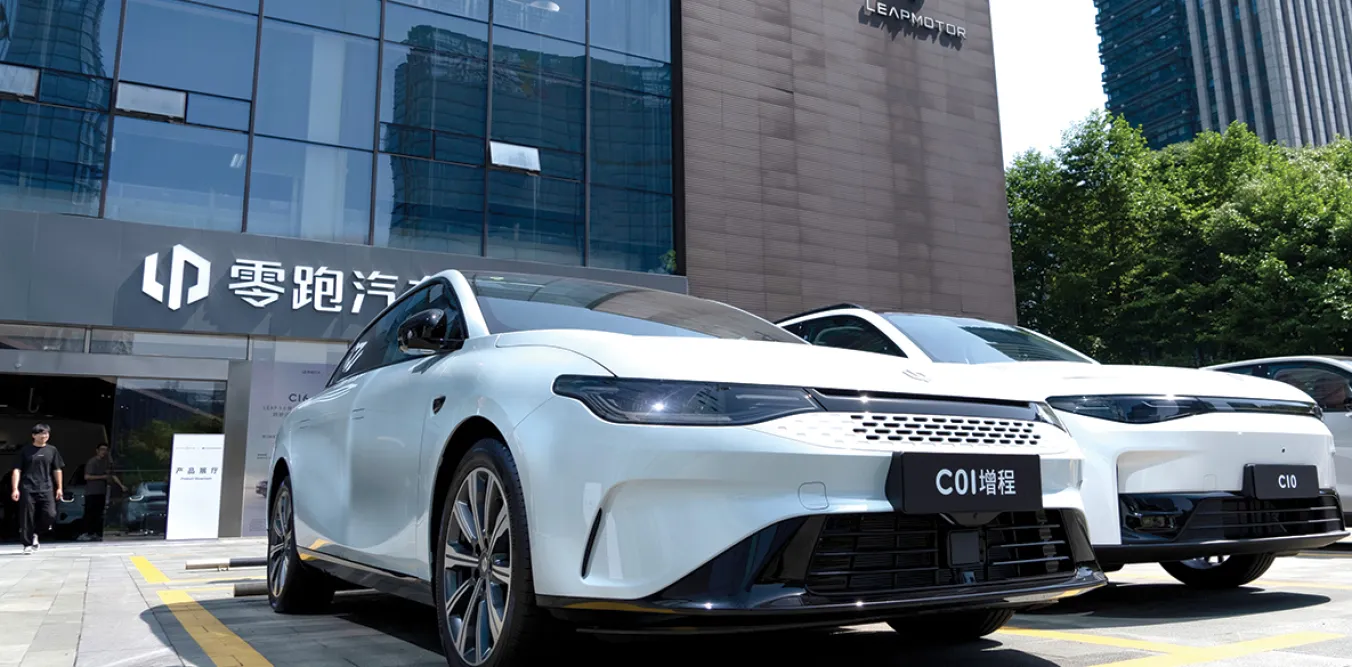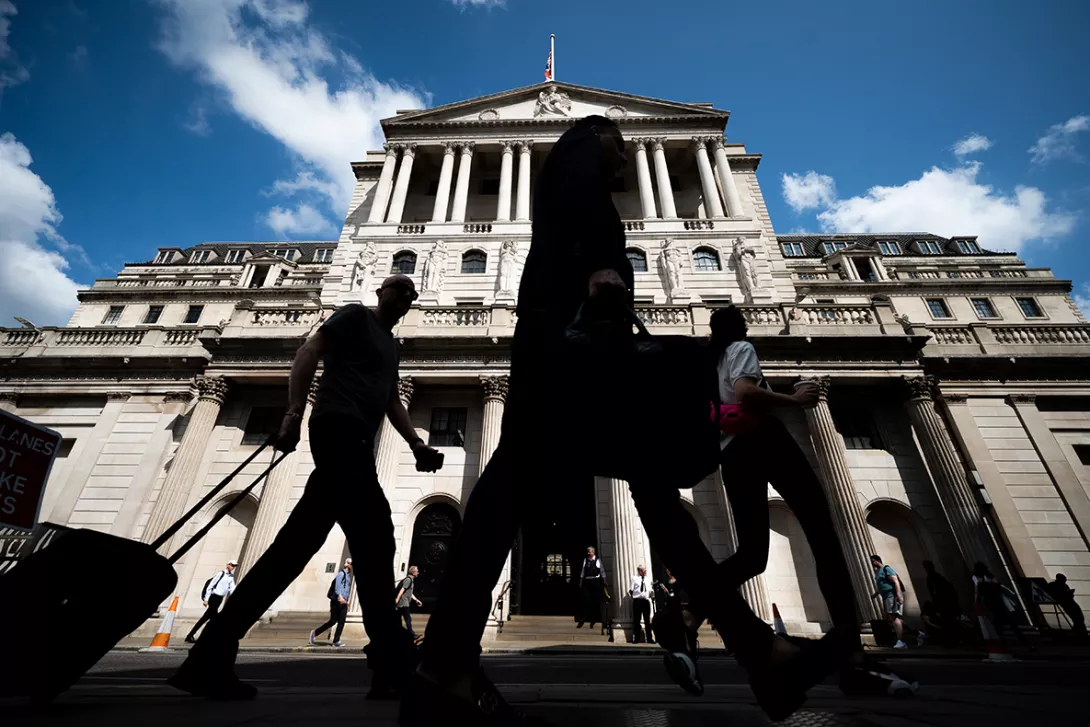
THE meeting between a British prime minister and China’s President Xi Jinping at the G20 summit in Rio de Janeiro today was long overdue.
Reportedly, Keir Starmer wants a “consistent, respectful and pragmatic” relationship between the two countries, with an emphasis on progress towards clean energy.
But he is especially keen to improve Britain’s prospects for economic growth by increasing British exports to China and Chinese investment in Britain.
Britain’s economy has grown by just 3 per cent from its pre-Covid level, less than any other G7 country except Germany. IMF and OECD forecasts indicate further small advances this year and next, thanks in part to the October Budget. Even so, the Office for Budget Responsibility projects a slowdown in growth from 2 per cent in 2025 to 1.5 per cent before the end of the decade.
Despite all the tax cuts, tax breaks and state subsidies, many of our much-vaunted “entrepreneurs” have concentrated more on filling their boots and stashing their wealth overseas than they have on investing in their workforce and creating a modern, productive economy.
For the past 20 years, Britain has been at or near the bottom of the G7 league of biggest capitalist economies when it comes to business investment (as a proportion of GDP). Our “entrepreneurs” languish in 28th place out of 31 in the Organisation of Economic Co-operation and Development (OECD).
Without our admittedly average level of state capital spending, Britain would be rock-bottom in the G7 and OECD in terms of overall economic investment. Yet no Labour minister praises public-sector “entrepreneurship.”
Investment, like growth, must also consider quality as well as quantity. In Britain, far too much capital is channelled into the financial markets, real estate and cheap labour and production overseas.
Fawning upon “entrepreneurs” in the embarrassing manner of Chancellor Rachel Reeves and Business Secretary Jonathan Reynolds will not make them change their ways. Slapping a wealth tax on them and taking vital industries — water, gas, electricity, armaments, pharmaceuticals — out of their hands would have a more sobering impact.
Unfortunately, we have a Labour government that is afraid of its own shadow despite its overwhelming majority at Westminster. It is too afraid to take the bold measures necessary to raise the British economy to a qualitatively higher level.
So Starmer turns to China, Britain’s fifth biggest trading partner, looking to boost exports and inward investment after several years of heavy decline.
There is plenty of room for growth, especially in exports to China, where Britain lags far behind Germany, France and Italy. Relaxing the US-inspired ban on selling key electronic, micro-processing and “dual use” (civilian-military) engineering products to China would help.
Restrictions on Chinese investment in Britain already hold back the roll-out of 5G technology and the application of quantum physics — in which China leads the world — to computing, communications, geology and medicine.
China will reciprocate any moves towards stronger economic relations, all the more so if we abstain from US-led military provocations around Taiwan and the South China Sea.
The likely response to a Britain-China rapprochement from a US Trump administration packed with anti-China war hawks will be decidedly cooler.
The Starmer-Labour government will have to choose: the servile “special relationship” with a US in decline or friendship with a China on the rise as part of a genuinely independent, peace-seeking and green foreign policy for Britain?

















